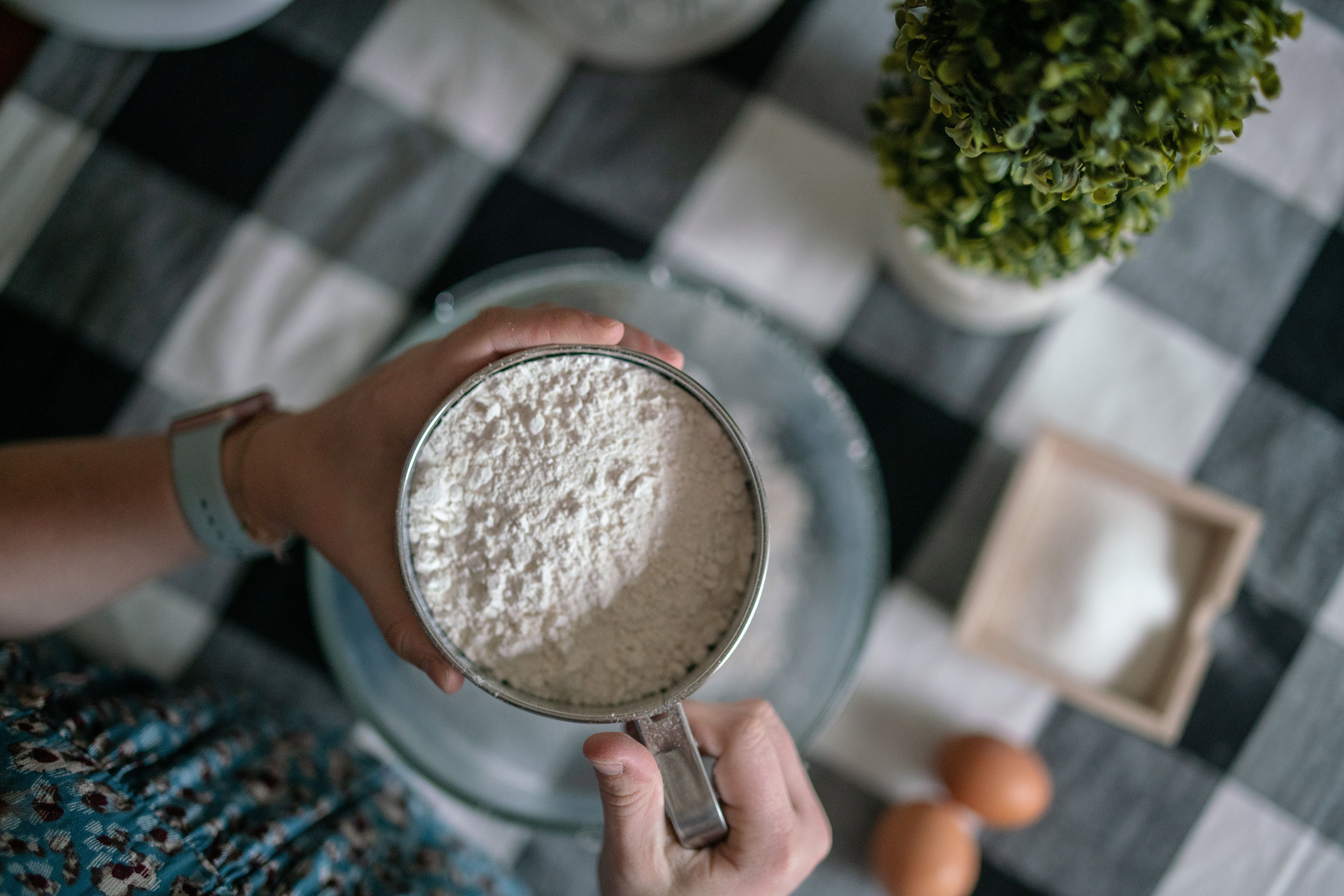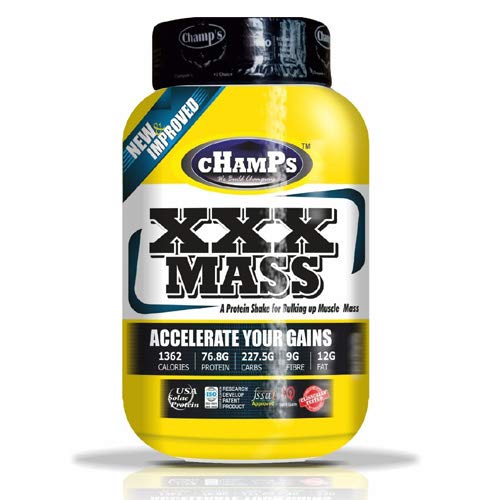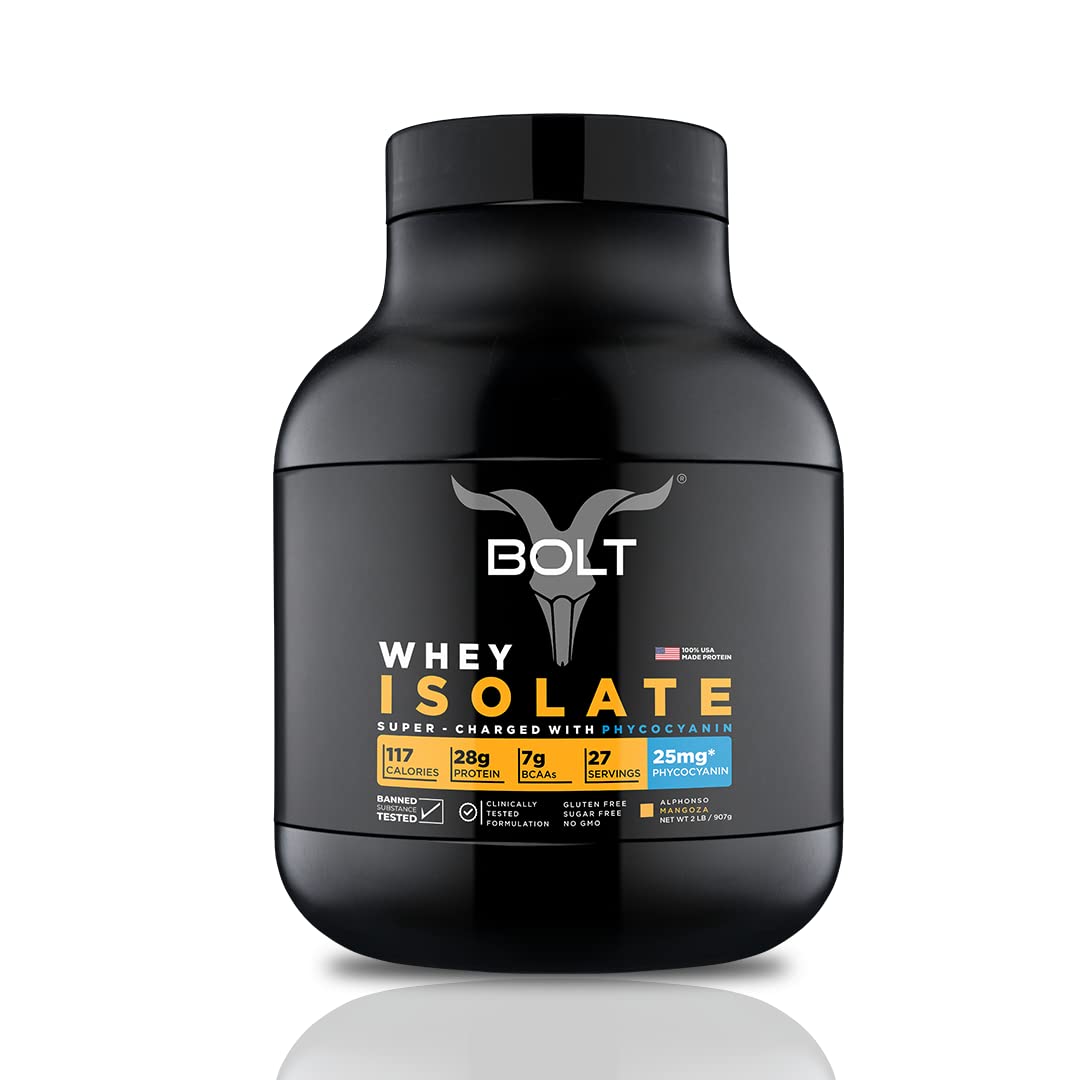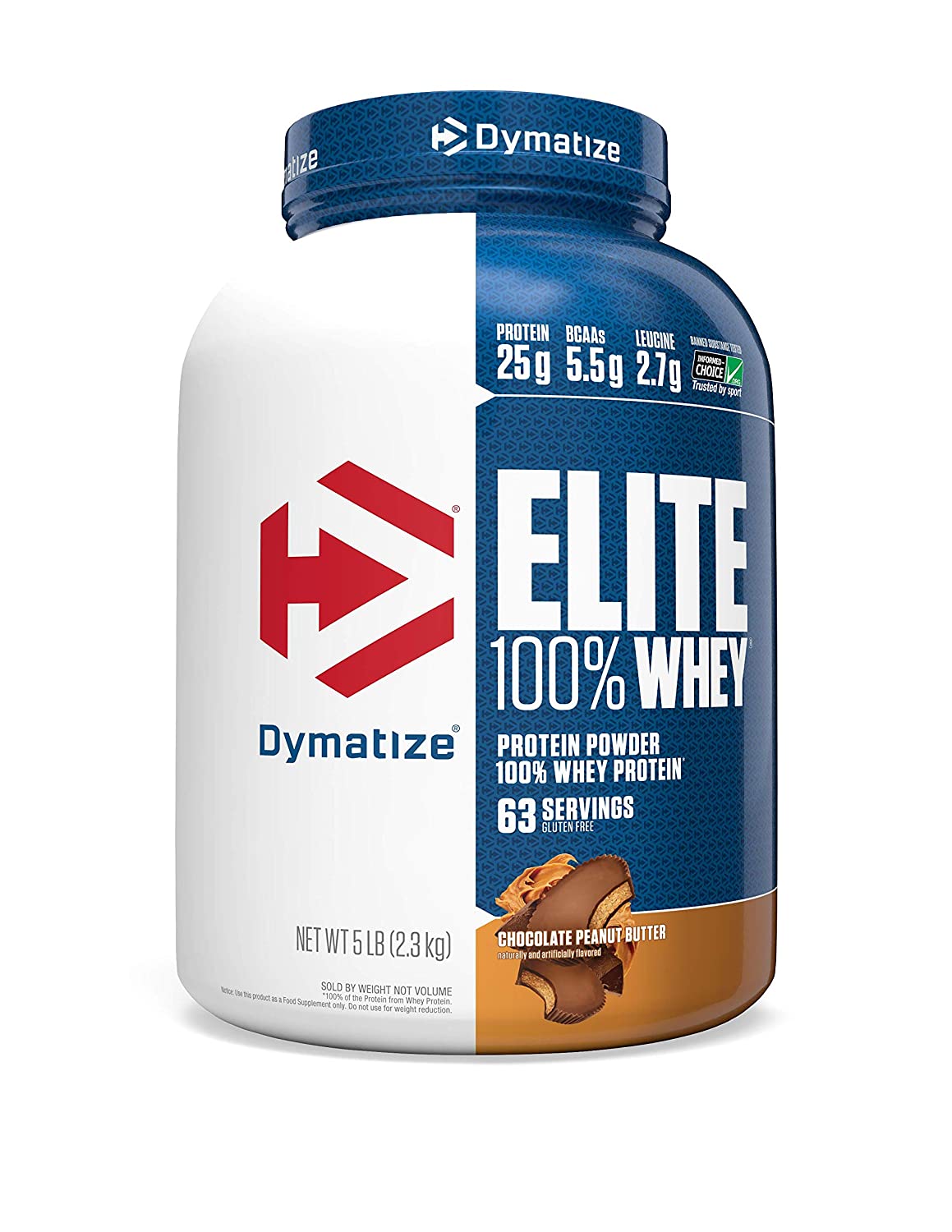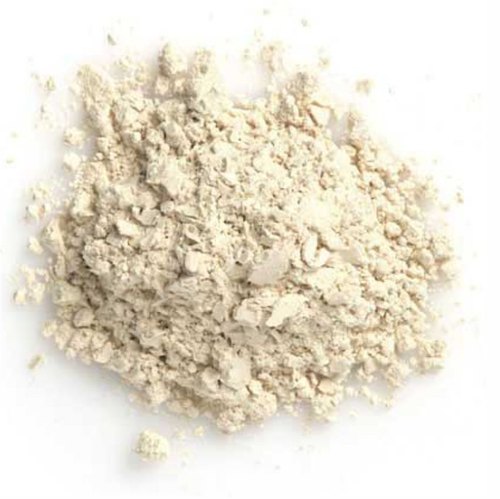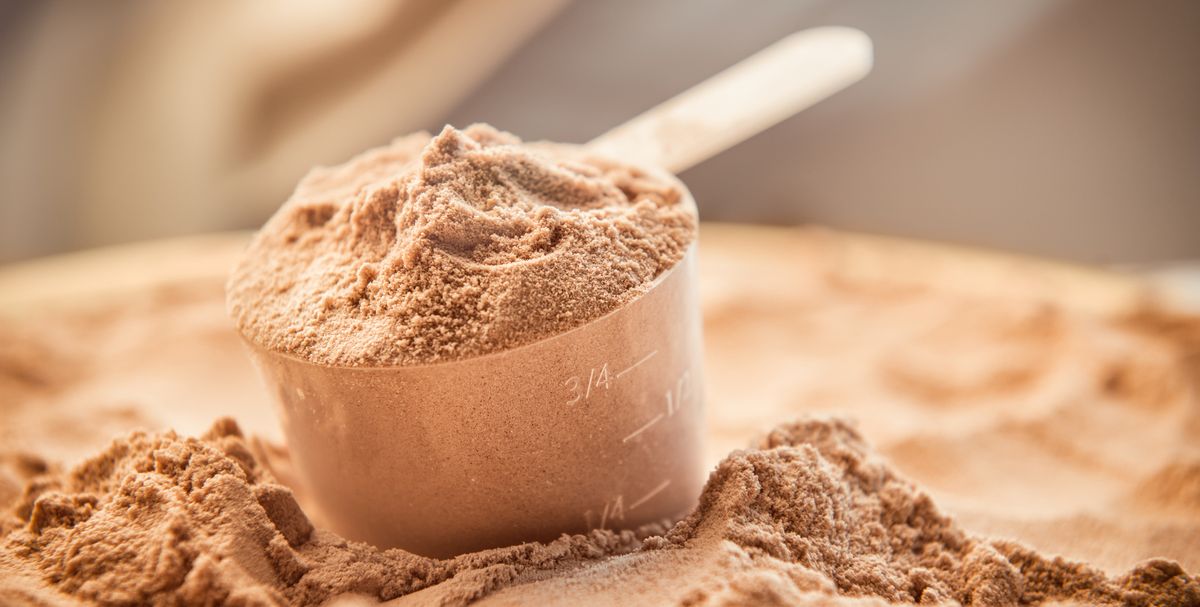Published Date January 24, 2003
Are protein powders good for you?
By Arpita Sudev
2 min read
Last update date: January 24, 2003
All about amino acids, plant-based protein, added sugars and protein

Protein powders are not just for weight lifters but you’ll find a variety of protein powders at mainstream supermarkets, and they can be incorporated into a wide range of recipes far beyond your typical smoothie.
What exactly is in your protein powder?
Protein powders are powders made of either an animal source, including eggs, dairy-derived, or a variety of plant sources. Plant-sourced protein can come from foods like pumpkin seeds, split peas, soy, brown rice, quinoa, and hemp.
One of the main differences between plant and animal proteins involves their amino acid content. Amino acids are the building blocks of protein. The body needs different amino acids at different times and situations. A diet should include all nine essential amino acids.
Animal proteins are called complete proteins as they contain all 9 essential amino acids. Whereas, plant proteins are called incomplete proteins because they lack methionine, lysine, and tryptophan from the group of the 9 essential amino acids.
Certain sources of animal protein can contain high levels of heme iron and vitamin B-12, while this may be lacking in plant-based proteins. Plant-specific proteins can also lack some antioxidants when compared to animal-sourced proteins.
The daily requirement of protein
The RDA for protein for a healthy adult with a minimal physical activity level is usually 0.8 grams of protein per kilogram (or 2.2 pounds) of body weight per day and it varies depending on weight and physical activity. If your daily protein requirement is about 60 grams per day, one serving of protein powder can meet a solid one-third of your everyday goal. That’s pretty significant.
Is protein powder healthy?
The goal is not to include protein powder in everything you eat but it is to meet the protein requirement of your body. Plant-based can be a good option if it has been tested for contaminants. Protein powders are notoriously defamed for being high in added sugars, artificial flavoring, and thickeners.
On the other hand, some really good protein powders have little added sugars, flavours, and thickeners. Gastrointestinal discomfort is a common after-effect for some people when they use a milk-based protein powder (a symptom not seen with plant-based protein).
How to use protein powder?
Protein powder blends well into smoothies, but you can also add it to oatmeals, pancakes, breakfast cookies, and energy balls & bars. It can also be blended into soups, hummus, plant burger patties, pizza crust, chia pudding, homemade ice cream, brownies, and DIY peanut butter cups.
Takeaway
Rather than focusing on a single type of protein, it may be better to focus on eating a wide variety of foods and combining both sources of protein periodically. This can help ensure that you get the right balance of amino acids and other vital nutrients.
Keep reading
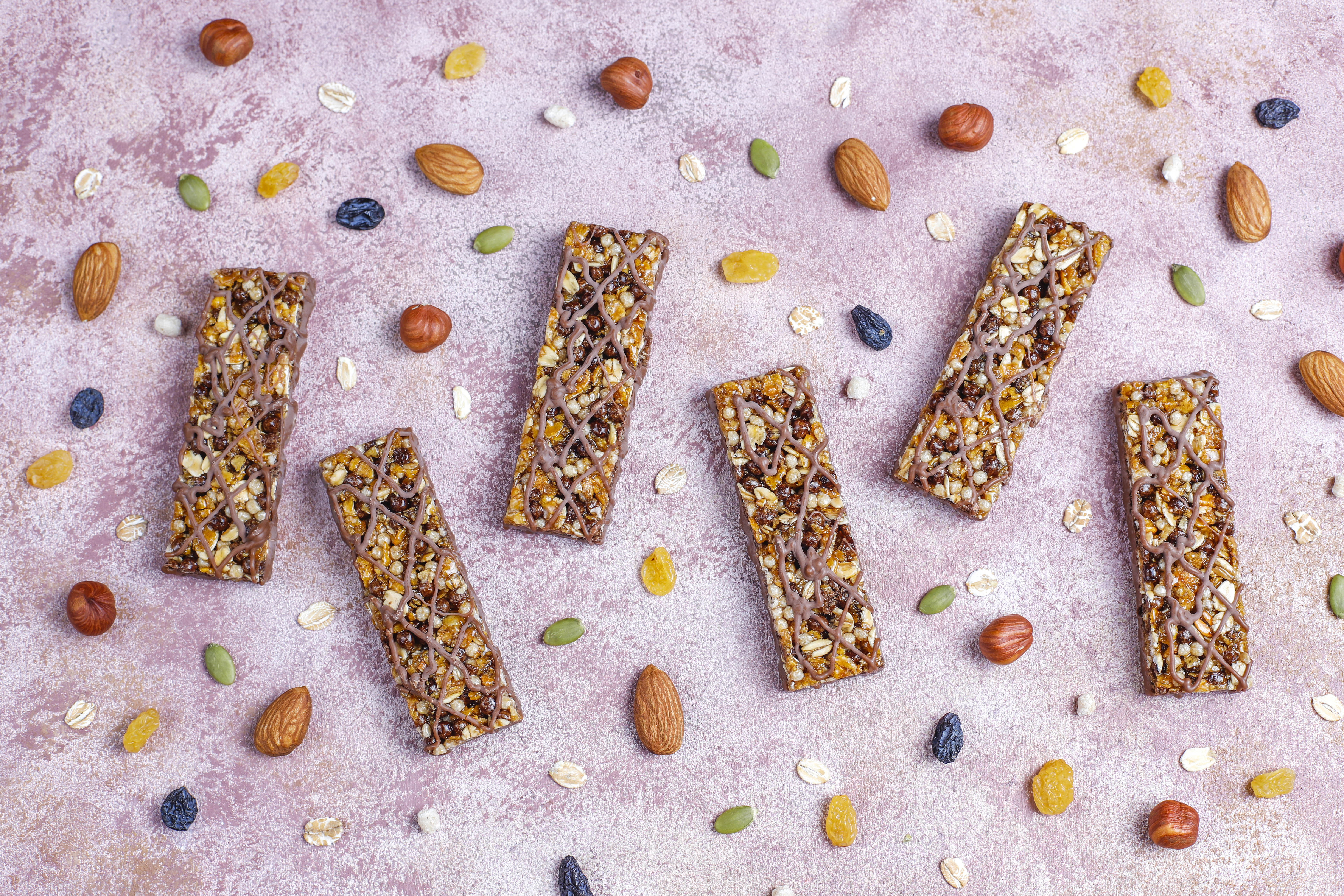
What Good are Protein Bars?
All about weight loss, protein bars, strength and protein.
By Arpita Sudev

How good are lemon and honey water in the morning?
All about weight loss, vitamin C, iron, lemon and honey water
By Arpita Sudev

Are you missing out on your Iron and Folic acid intake?
Folate and folic acid are forms of Vitamin B9. Folic acid is used for preventing and treating low blood levels of folate and high blood levels of homocysteine. 
By Hetvi Shah
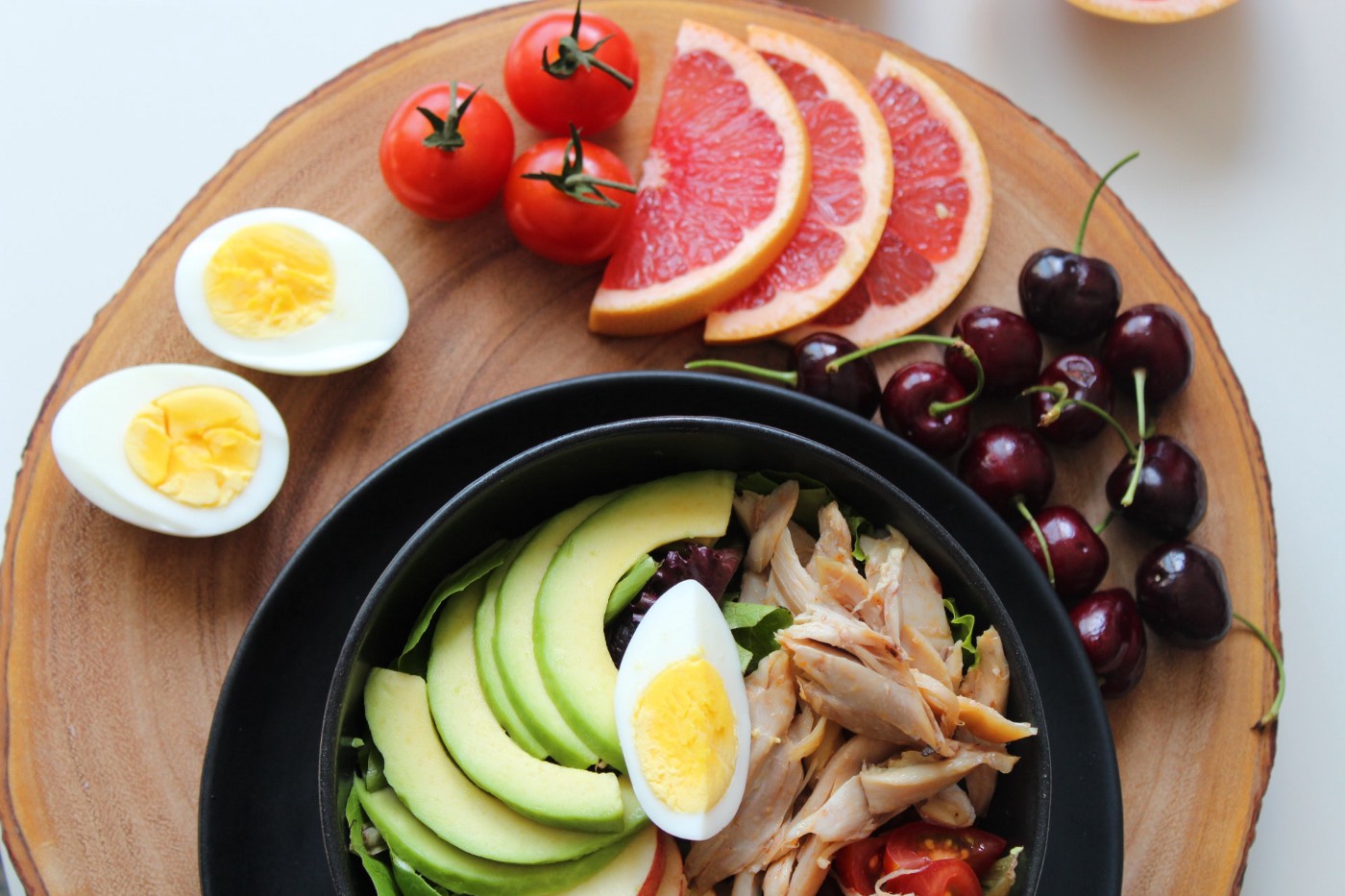
What are superfoods exactly?
All about apples, watermelon, avocado and superfoods.
By Naurin Ansari
Related Items
Choose Healthy With Us.
Know the real truth about your food. Stay informed and healthy, for free.

Download the App Now
Certified nutritionists trust our food recommendations. Safe to say, so can you :)




